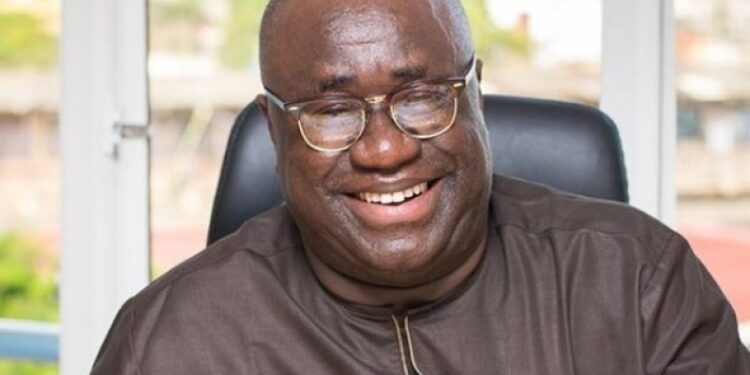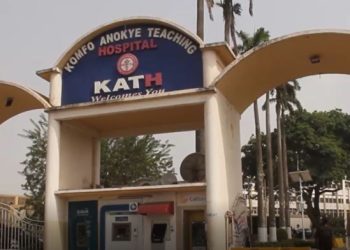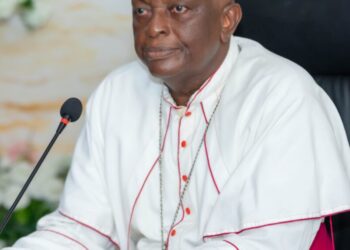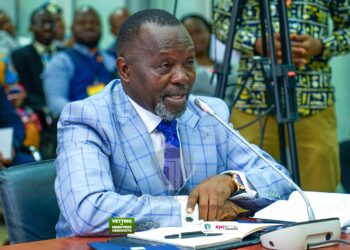The Director, Faculty of Academic Affairs & Research, Kofi Annan International Peacekeeping Training Centre, Professor Kwesi Aning has indicated that rampant corruption breeds fertile grounds for coups to take place.
He explained that coups take place long before the military decides to take the gun to seize power.
Speaking in connection with the coup that took place in Niger, on TV3 Monday, July 31, Prof Aning said “with ECOWAS in particular, in 1993 member states revised the treaty and Article 58 of the revised protocol from 1993 enjoins member states to see ECOWAS as a superior national institution, meaning that when we sign on to ECOWAS document those documents must be domesticated amongst members states or among the signatory states.
“So, in this case, we have signed onto the supplementary protocol on democracy and good governance, the document on the political declaration, the political and conflict prevention, democracy, good governance, and conflict prevention that basically say that as members states of ECOWAS we want to be governed through the rule of law, respect for human rights and democratic processes.
“We also have protocols relating to corruption, to how elections must be held. All this body of literature then comes together to form an ECOWAS regime with principles, values, norms decision processes as to how member states must behave.
“That behaviour particularly when it comes to constitutional process and coup-making, is very clear. Coup-making starts long before the military takes their guns and decides to seize power. Coup-making begins when corruption becomes so rampant that the delivery of public services is undermined. Coup-making is about telling stories and lies to the populace to win power, coup making is about constitutional changes that allow governments to stay in power over and beyond the stipulated period. So what we are seeing in West Africa is much more widespread, more nuanced set of development.”
His comments come at a time the Economic Community of West African States (ECOWAS) has given Niger’s coup leaders one week to return the country to normal or face possible military intervention after the soldiers announced a coup on national TV.
The soldiers they had dissolved the constitution, suspended all institutions and closed the nation’s borders.
Niger President Mohamed Bazoum has been held by troops from the presidential guard since early on Wednesday.
He was promised Washington’s “unwavering support” in a call from US Secretary of State Antony Blinken.
UN Secretary General Antonio Guterres also said he had spoken to the president and offered the UN’s full support.
Mr Bazoum is a key Western ally in the fight against Islamist militancy in West Africa.
Two neighbouring countries, Mali and Burkina Faso, have experienced coups triggered by jihadist uprisings in recent years.
In both countries the new military leaders have fallen out with France, the former colonial power, which also formerly ruled Niger.










Discussion about this post